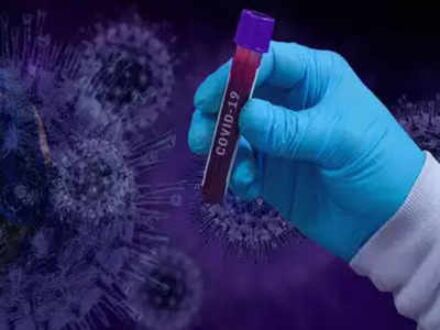Dragging on

As 2020 nears its end, the worldwide battle against COVID-19 continues as well, with many nations facing crippling third waves of infection. Hope for recovery, any real recovery lies with a working vaccine or ideally, several of them. On that note, the recently announced success of the Pfizer vaccine is an encouraging sign of progress being made against a viral adversary that eluded the brightest medical minds in all its displays of peculiarities. Some experts have even optimistically predicted a return to normal by next winter.
This is not to say that we now hold a detailed understanding of the virus and its effects on the human body. Indeed, as has been proven time and time again, there is very little definite scientific consensus on COVID-19, a state of affairs that may likely continue for several years after the pandemic ends. In the meanwhile, new research continues to unearth peculiar and troubling facts about COVID-19. One of the major areas of concern right now for the medical community are cases of lingering post-Covid after-effects which have collectively been termed as 'long Covid'. Many patients across the world have reported several symptoms that continue to persist long after they test negative following infection. The most common of such symptoms are fatigue, chest pain, cough, etc., with a chance for more uncommon symptoms like heart-palpitations and brain-fog. Then there are the more serious side-effects which have been noted to affect different organ systems, like respiratory and renal problems. The exact nature of long Covid hasn't been pinned down yet and two different experiences can play out very differently. A common point, however, has been extreme fatigue which noticeably impacts the quality of a patient's life post-recovery. Studies such as those carried out by the NHS in the UK have shown that ongoing symptoms of Covid in patients could lead to signs of damage in one or more organ systems. What's more, several studies have shown that you don't need to have a serious case of Covid to suffer from long Covid later on. These studies showed that 70 per cent of the low-risk sample size of patients still showed some form of organ impairment after being affected by a mild form of the disease. In one study conducted by researchers from Oxford University Hospitals, Mayo Clinic Healthcare and the University College, only 18 per cent of the sample size of 201 Covid patients had been hospitalised and very few had any pre-existing conditions.
Again, it may be noted that this study is yet to be peer-reviewed and there is no real consensus on just how much more vulnerable pre-existing conditions make a person against long Covid. Just as confused is the consensus on how and why long Covid happens. Theories range from the simple such as pockets of virus remaining, to the sinister such as theories that the virus alters the running of immune systems and even organs. There have been some early signs that there may even be changes to brain structure in certain cases.
Beyond the immediate, long Covid raises real concerns for the future, particularly if the virus becomes endemic to certain parts of the world after the pandemic ends. In India, as is the case with many other countries, post-Covid care is a relatively neglected part of the whole process as the various governments struggle to contain potential surges. The chronic fatigue and other symptoms are a particular cause of concern for India's working class that scarcely has the luxury of time-off and such to recover from long term symptoms. This is particularly the case if these symptoms are not even identified as being related to the virus. There is hope of course as places like Delhi dedicate specific post-Covid care facilities which must serve as examples. After all, in our efforts to get the economy and the nation back on its feet, the government must ensure that people too have the necessary post-care to truly get back on their feet. As we near the largest vaccine campaign in human history, India must start its efforts in understanding and treating long Covid.



